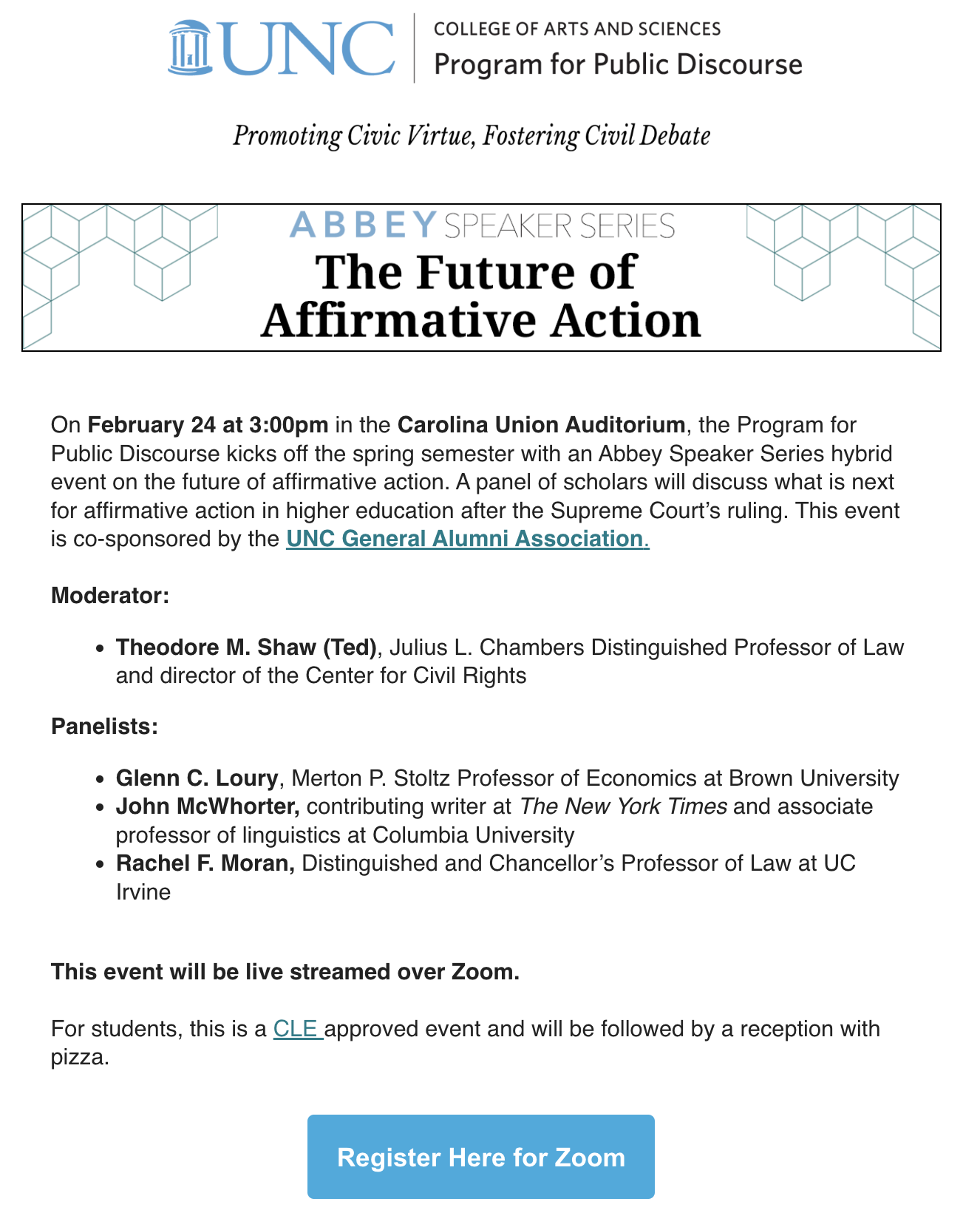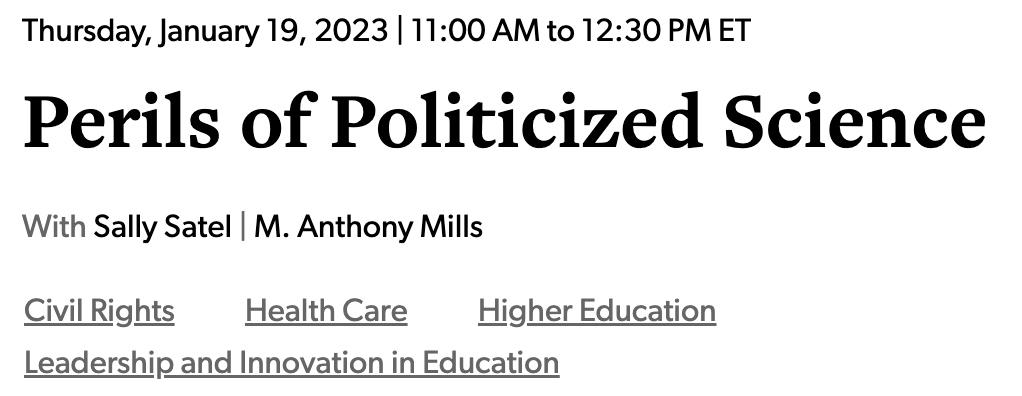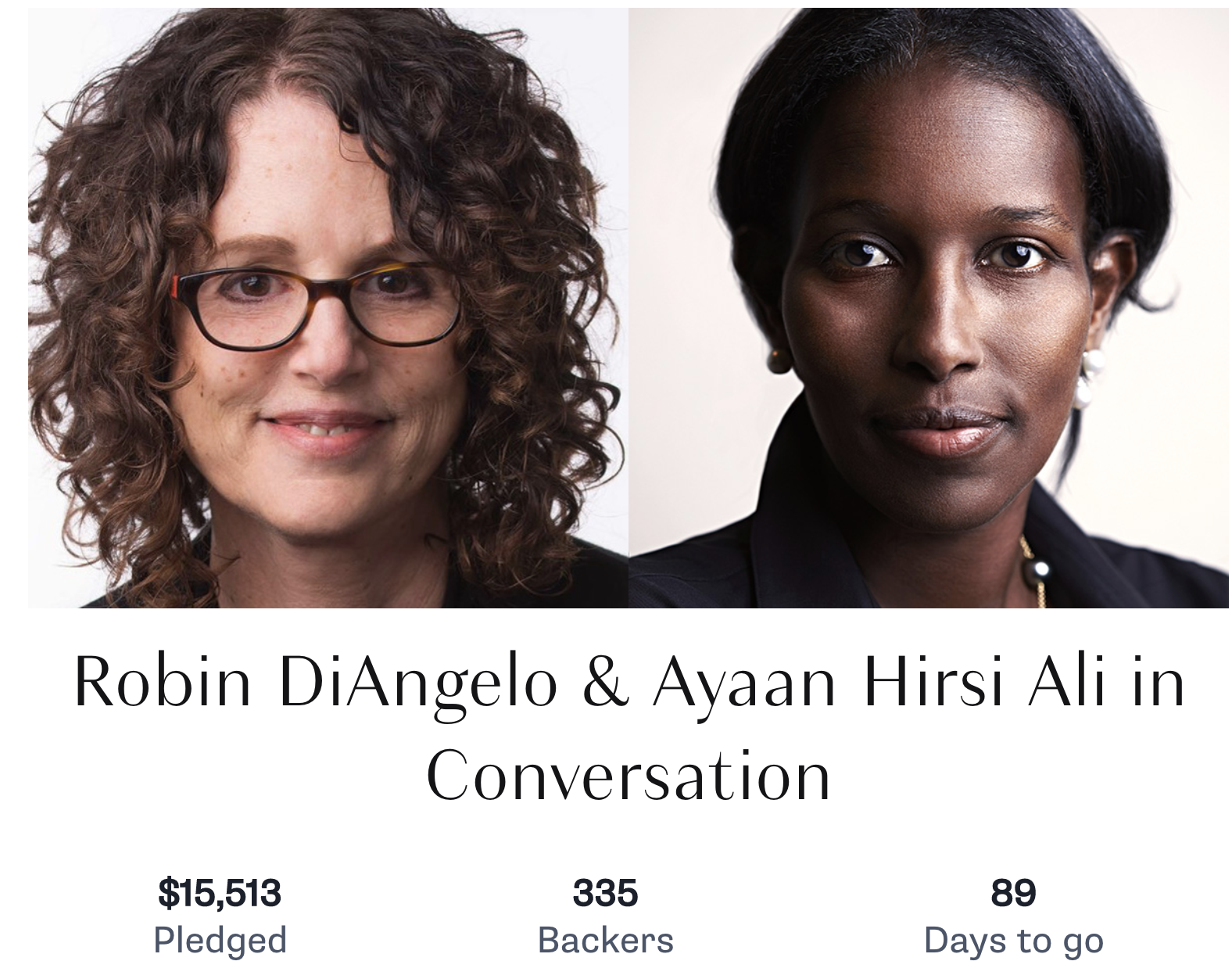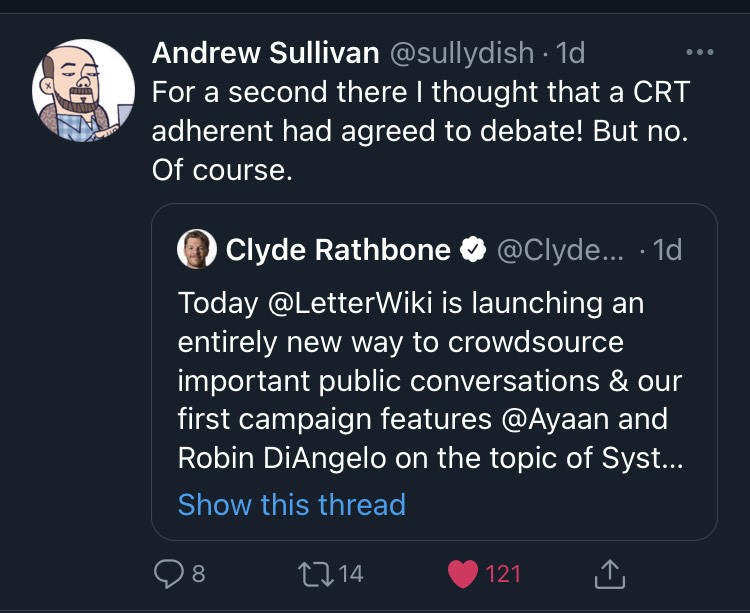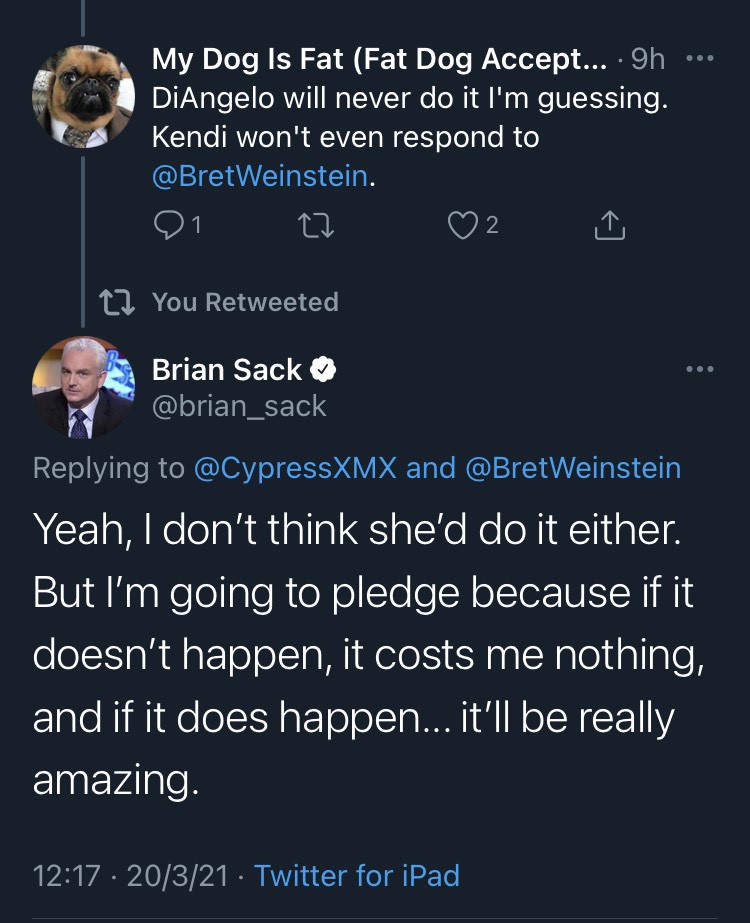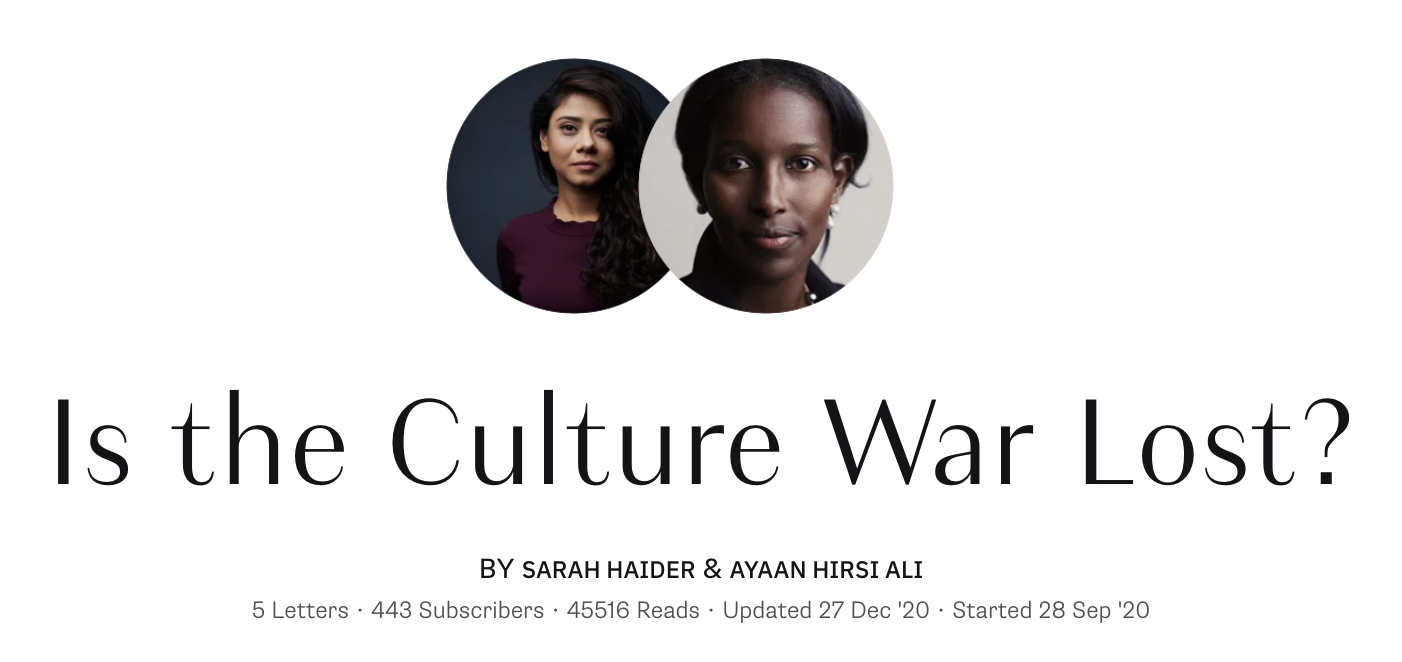From Matthew Yglesias’s Substack site Slow Boring comes a frightening article by Maya Bodnick describing what’s happened to high-school debating in America. It’s turning into an exercise in “critical theory”, with judges telling contestants in advance what kind of politics they favor, the debaters ignoring the assigned topic, and debaters speaking so fast you can’t understand them. Further, many of the debaters advocate a dismantling of America, no matter what system they’re talking about.
It’s a far cry from the kind of debates we see at Oxford or Cambridge, or that Hitchens and others have engaged in. And because Bodnick tells us that many famous current politicians (e.g. Lyndon Johnson, Nancy Pelosi, and John F. Kennedy) honed their skills in high-school debating, this change bodes ill for the future politics of America.
Here’s Bodnick’s take on what’s happened:
In a traditional debate round, students argue over a topic assigned by the tournament — for example, “The U.S. should adopt universal healthcare.” One side is expected to argue in favor of the motion (the affirmation side), and one against (the negation side). However, in recent years, many debaters have decided to flat-out ignore the assigned topic and instead hijack the round by proposing brand new (i.e., wholly unrelated to the original topic), debater-created resolutions that advocate complex social criticisms based on various theories — Marxism, anti-militarism, feminist international relations theory, neocolonialism, securitization, anthropocentrism, orientalism, racial positionality, Afro-Pessimism, disablism, queer ecology, and transfeminism. (To be clear, traditional feminism is out of fashion and seen as too essentialist.)
These critical theory arguments, known as kritiks, are usually wielded by the negation side to criticize the fundamental assumptions of their affirmation side opponents. Kritik advocates argue that the world is so systematically broken that discussing public policy proposals and reforms misses what really matters: the need to fundamentally revolutionize society in some way. For example, if the topic was “The U.S. should increase the federal minimum wage,” the affirmation side might provide some arguments supporting this policy. But then the negation side, instead of arguing that the government shouldn’t raise the minimum wage, might reject spending any time on the original resolution and counter-propose a Marxist kritik.
Here’s an example of how the negation might introduce this kritik:
Revolutionary theory is a prior question — the aff [proposal about raising the minimum wage] is irrelevant in the grand scheme of capitalism… [You as a judge should] evaluate the debate as a dialectical materialist — you are a historian inquiring into the determinant factors behind the PMC [first affirmation speech] — The role of the ballot is to endorse the historical outlook of the topic with the most explanatory power… Vote negative to endorse Marxist labor theory of value.
Or, if the topic was “The U.S. should increase troops in the Korean DMZ,” the negation might choose not to argue against the resolution and propose a securitization kritik:
Securitization is a political decision that discursively constructs certain phenomena as threats to justify their management and extermination. The practice of security erases alternate perspectives through the dominance of Western rationalism, permitting unchecked violence against alterity. We should use this round to create space for an epistemological multiplicity that breaks down dominant discourses of North Korea.
These are two examples of negation kritiks. Additionally, sometimes the affirmation side kicks off the debate by proposing a kritik — they don’t even bother advocating for the original resolution! For example, let’s say the original topic was “The U.S. should impose a carbon tax.” The affirmation side could decide to throw the resolution out the window and instead argue for an Afro-Pessimism kritik:
Western societies are structured on Enlightenment-era philosophy that fundamentally does not value Black people as people, and defines them as slaves. Even though documents like the Constitution have been amended to end slavery, it created a society that is rotten to the core, and the only way to fix it is to burn down civil society.
These kinds of kritiks are starting to dominate the two main platforms for high-school debates, “Policy” (now 67% kritik) and “Lincoln-Douglas (now 45% kritik).
In response, people started two new and more traditional debate forums: Public Forum and Parliamentary. But critical theory is starting to invade both of these, too. And they’re self-reinforcing, for as debaters age and become coaches and judges, “kritik” debates became more common.
What’s scary is how the judges publish in advance the kind of arguments they favor. Here’s a list of judges’ preferences from the 2023 “Tournament of Champions” debate (the winning debate from that contest is in the video below):
- “Love the K, this is where i spent more of the time in my debate and now coaching career, I think I have an understanding of generally every K, in college, I mostly read Afro-Pessimism/Gillespie, but other areas of literature I am familiar with cap, cybernetics, baudrillard, psychoanalysis, Moten/Afro-Optimism, Afro-Futurism, arguments in queer and gender studies, whatever the K is I should have somewhat a basic understanding of it.”
- “Before anything else, including being a debate judge, I am a Marxist-Leninist-Maoist… I cannot check the revolutionary proletarian science at the door when I’m judging… I will no longer evaluate and thus never vote for rightest capitalist-imperialist positions/arguments… Examples of arguments of this nature are as follows: fascism good, capitalism good, imperialist war good, neoliberalism good, defenses of US or otherwise bourgeois nationalism, Zionism or normalizing Israel, colonialism good, US white fascist policing good, etc.”
- “…I’ve almost exclusively read variations of Marxism-Leninism-Maoism… I find these arguments to be a valuable and fun tool in debate and am happy to evaluate these debates to the best of my ability.”
- Kritik vs. kritik debates are “currently my favorite type of debate to judge. My literature knowledge is primarily concentrated in Marxism, Maoism, and proletarian feminism, and I have a baseline familiarity with postcolonial theory, queer theory, and feminist standpoint theory, but I’m down to evaluate anything as long as it’s explained well.”
- “Ks I have written files on/answering/into the lit for – spanos, psycho, cap, communist horizon, security, fem, mao, death cult, berlant, scranton, queerness, set col…”
- “You will not lose my ballot just for running a K. Ever.”
- “I am frequently entertained and delighted by well-researched critical positions on both the affirmative and negative”
- Kritiks “are my favorite arguments to hear and were the arguments that I read most of my career.”
- “Ks are my favorite!”
This, of course, completely ruins the way that, I think, debates should be to run: winners aren’t supposed to cater to judges’ tastes, but to make the best argument that they’re assigned. And they’re supposed to stick to their topic! In the end, Bodnick tells us why we should fear this trend:
This is what concerns me so deeply about this seismic shift in the debate landscape—and why I would hate to see the Public Forum and Parliamentary formats follow the trajectory of Policy and Lincoln-Douglas. Kritiks promote a worldview with pernicious implications for American politics among a group of people who are likely to end up in positions to have a serious impact on American politics.
When debaters reject the topic and advocate for these critical theories, they choose not to engage in pragmatic policy discussions. Instead, they condemn American institutions and society as rotten to the core. They conclude that reform is hopeless and the only solution is to burn it all down. Even if they’re not advocating for kritiks, in order to succeed at the national level, debaters have to learn how to respond critical theory arguments without actually disagreeing with their radical principles.
High school debate has become an activity that incentivizes students to advocate for nihilist accelerationism in order to win rounds. It’s the type of logic that leads young people to label both parties as equally bad and to disengage from electoral politics. What most normal people think debate is about — advocating either side of a plausible public-policy topic — is no longer the focus. With kritiks taking a larger share, debate is increasingly societally rejectionist. Too often the activity is no longer a forum for true discussion, but a site of radicalization.
Now surely you’re going to want to see an example of the new style of “kritik” debate. A championship debate is below, and note how fast the debaters talk. This is very common now, and I don’t know how either listeners or the judges can even make out what’s being said. As Bodnick notes:
These formats were started as a response not only to critical theory, but also to speed debate — often a related phenomenon. If you watch any of the examples of kritiks that I’ve linked to, it’s likely you will not be able to understand what the debaters are saying because they’re talking so fast. I abhor this trend, but it’s not the focus of this article.
So I give you a good example in the video below:
This was the championship debate at the 2023 Tournament of Champions Lincoln-Douglas Debate Tournament between Muzzi Khan and Karan Shah. The decision is a 2-1 for the affirmative (Dombcik, Kiihnl, *Schwerdtfeger). The 2NR goes for the Kant NC.
At the University of Kentucky’s 2023 Tournament of Champions, held earlier this month, senior Muzzi Khan won the national championship in Lincoln-Douglas Debate. The topic was “Resolved: Justice requires open borders for human migration.” After an excellent preliminary record, Khan went on to win five single elimination rounds.
You don’t have to listen to the whole hour, but do sample both debaters. Good luck understanding them! The second debater starts at 17:53. They sound as if they’re speaking in a foreign language!





